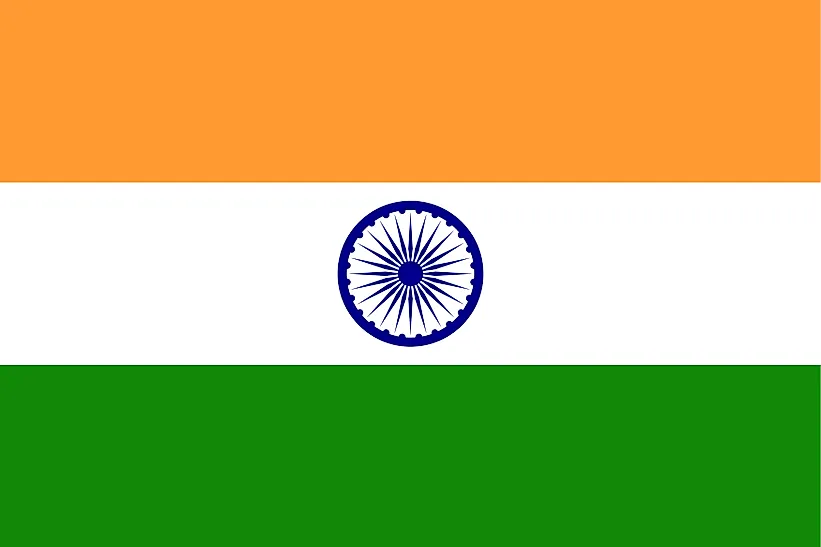
India
| Continent | Asia |
| Capital | New Delhi |
| Population | 1,266,883,598 |
| GDP | $8.72 Trillion |
| GDP per Capita | $6,700 |
| Dialing Code | +91 |
| ISO Code (2-letter) | IN |
| ISO Code (3-letter) | IND |
India Landscapes






About India
Welcome to India, a nation where ancient traditions harmoniously coexist with modern aspirations. With approximately 1.4 billion people occupying 3.3 million square kilometers, India combines extraordinary cultural diversity with rich philosophical heritage, earning its reputation as one of the world’s oldest and most dynamic civilizations.
Geographic Features and Natural Beauty
India’s geography encompasses remarkable diversity, from the Himalayan mountains in the north to tropical beaches in the south. The country features three major geographical regions: the Himalayan region, the Indo-Gangetic Plain, and the Deccan Plateau.
The landscape includes diverse ecosystems, from the Thar Desert to the rainforests of the Western Ghats, a UNESCO World Heritage site. Major river systems including the Ganges, Brahmaputra, and Indus have historically supported civilization and continue to shape life and culture.
Protected areas include various national parks preserving unique wildlife, including the Bengal tiger, Asian elephant, and Indian rhinoceros. The country’s varied climate zones support remarkable biodiversity, making India one of the world’s eighteen megadiverse countries.
Cultural Heritage and Traditions
Indian culture represents one of the world’s oldest continuous civilizations, with diverse traditions in art, architecture, music, and dance. The country’s spiritual heritage encompasses multiple religions, including Hinduism, Buddhism, Jainism, Sikhism, and various other faiths.
Traditional arts include classical dance forms like Bharatanatyam and Kathak, classical music traditions of Hindustani and Carnatic styles, and various textile arts including intricate weaving and embroidery. The country’s architectural heritage ranges from ancient temples to Islamic monuments and colonial structures.
Indian cuisine varies dramatically by region, featuring distinctive spice combinations and cooking techniques. Traditional medicine systems like Ayurveda continue to influence global wellness practices, while yoga represents India’s gift to world health and spirituality.
Historical Journey
India’s history spans from the ancient Indus Valley Civilization through various empires and kingdoms to its emergence as the world’s largest democracy. Significant periods include the Mauryan Empire, Gupta Golden Age, Mughal Era, British colonial period, and independence movement led by Mahatma Gandhi.
Post-independence development has seen India emerge as a major global power while maintaining its cultural diversity. The country’s contribution to mathematics, science, philosophy, and literature has profoundly influenced world civilization.
Modern Economic Landscape
Today’s Indian economy combines traditional strengths in agriculture and handicrafts with growing prowess in technology, pharmaceuticals, and space research. The country has become a global hub for information technology services and pharmaceutical manufacturing.
Recent initiatives focus on digital transformation, renewable energy development, and infrastructure modernization. India’s young workforce and growing middle class support its position as one of the world’s fastest-growing major economies.
International Relations and Global Position
India maintains an active role in international affairs as the world’s largest democracy and a rising economic power. The country’s cultural influence extends globally through diaspora communities, cinema, cuisine, and spiritual practices.
Did You Know?
• India invented the number system, including the concept of zero?
• The country has the world’s largest postal network?
• India’s film industry, Bollywood, produces more films annually than any other country?
• The ancient Indian university of Takshashila (Taxila) was the world’s first university?
Conclusion
India represents an extraordinary fusion of ancient wisdom and modern dynamism. From its philosophical heritage to its technological innovations, from its artistic traditions to its economic transformation, India continues to evolve while maintaining its cultural richness. As it addresses challenges including sustainable development and social inclusion, India remains committed to its role as a global cultural and economic force while preserving its diverse heritage.